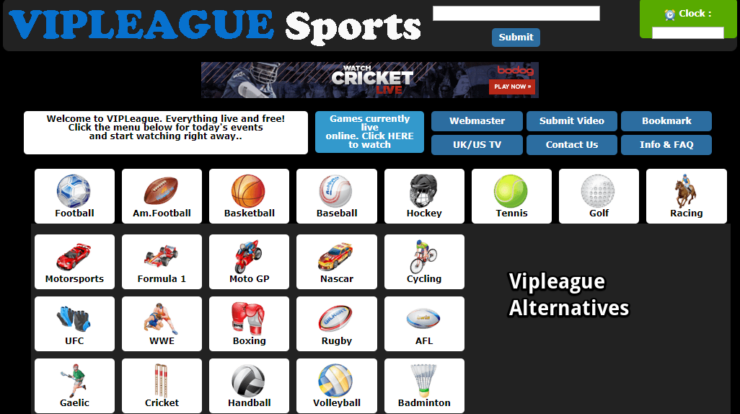
According to the statistics from 2019, 55% of global travelers are more determined to make sustainable and informed best traveling decisions than in 2018. But, travelers lack access to appealing options and the knowledge to put this current resolution into practice.
The last couple of years saw the rise of the travel industry, mostly thanks to the advancements in technology and the fact that it’s possible to find and book any destination online. Modern travelers depend on the internet to find the maximum affordable trips and travel rates.
Since the number of travelers and travel agencies increases, finding the right deal has become time-consuming and tiresome. Fortunately, a best proxy for travel fare aggregation can be a solution to this issue.
What Is Fare Aggregation?
Travel aggregation refers to retrieving all relevant travel data on demand. These are sites with access to all data related to the available travel options. Instead of visiting several sites, travel aggregation keeps all the relevant travel data in one place.
It’s beneficial for travelers to find all information they need to reach the wanted destination according to their needs, budget, and free time.
From providing information on all available offers and destinations to helping travelers choose the excellent hotel, travel aggregators offer a customer-centric service by aggregating all available travel data in one place for timely and straightforward retrieval.
The main goal of fare aggregation is to make traveling more convenient and customer-centric, allowing people to make better traveling decisions.
Put shortly, fare aggregation is meant to make traveling more convenient, personalized, and available to travelers by providing customized offers according to traveler’s preferences, budget, etc. Travel aggregators depend on high-quality and accurate data to provide the right results according to the traveler’s needs.
How Do Proxies Fit Into It?
Since travel aggregators are sites in charge of delivering all relevant travel data on request, they need a contact point between the site and the traveler to access the information. That’s where proxies come into play.
They act as the point of contact, providing the requested information by retrieving data from their servers. Each time an internet user requests any piece of travel information, the best proxy server is the first to handle that request by changing the IP address and rerouting it to the matching site.
Once the request is approved, the best proxy receives back the matching data, filters it to ensure no malware is involved and provides the user’s clean information. To answer the headline question, proxies fit into travel aggregation by being the most effective way to retrieve information.
Thanks to proxies, the user can view information from other sites with no IP sharing involved. No matter what site they surf at the moment, proxies will always make sure they get truthful information without any risks of monitoring or tracking.
What Companies Should Be Using Proxies?
Travel aggregation companies rely on proxies to find, gather, extract, and categorize travel information from the web. Since there are so many relevant travel agencies online, they hold all the relevant data these companies need to share with internet users on request and solve their queries quickly and personally.
Instead of visiting each travel agency’s site, travelers can visit travel aggregation companies’ websites and use all available data.
That aside, any company that operates over the internet or requires an internet connection to go about their daily operations should consider using proxies.
They can help:
- Improve security
- Provide better anonymity while conducting sensitive operations
- Protect servers from overloading by balancing more significant traffic
- Provide better control over employee internet usage
- Improve bandwidth savings and internet speeds
What Proxy Types Are the Most Suitable Choice?
When it comes to the best proxy for travel fare aggregation, seven types of proxies can be used:
- Static proxies – while setting up static proxies can be time-consuming as there are many requirements to be met, they are more reliable and quicker in providing the wanted results.
- Rotating proxies – free rotating proxies can be a bit glitchy in speed, traffic, and security, but they provide faster speeds and a wide variety of IP addresses.
- Datacenter proxies – an affordable solution that provides faster speed, but falls short on securing full anonymity.
- Residential proxies are probably the best data gathering solution that offers increased anonymity, but they are more likely to get blocked while harvesting data online.
- Web scraping – an excellent way to quickly retrieve data without any manual work but is also prone to IP blocking.
- Real-time crawler – although this solution requires constant modification, it’s a user-friendly way to crawl data in real-time. It provides a vast range of IPs, including IP backup options.
- Premium proxies – with premium proxies, businesses get to tap into an array of dedicated IP addresses that provide incredible speeds and connections with no shutdown or crash errors. The only downside is the cache system that saves data, making it visible online.
While deciding what’s right for the business can be challenging, market-leading service providers recommend staying with residential proxies. For example, Oxylabs proxies for travel fare aggregation are the most challenging data extraction solution.
Conclusion
To conclude, travel aggregators should use proxies to gather the most accurate, malware-free data from the web to provide it to the travelers on request. They need proxies to extract all that data in a timely and orderly manner. Using proxies, travel aggregators provide exquisite user experience to each traveler looking for the best traveling deal online.



